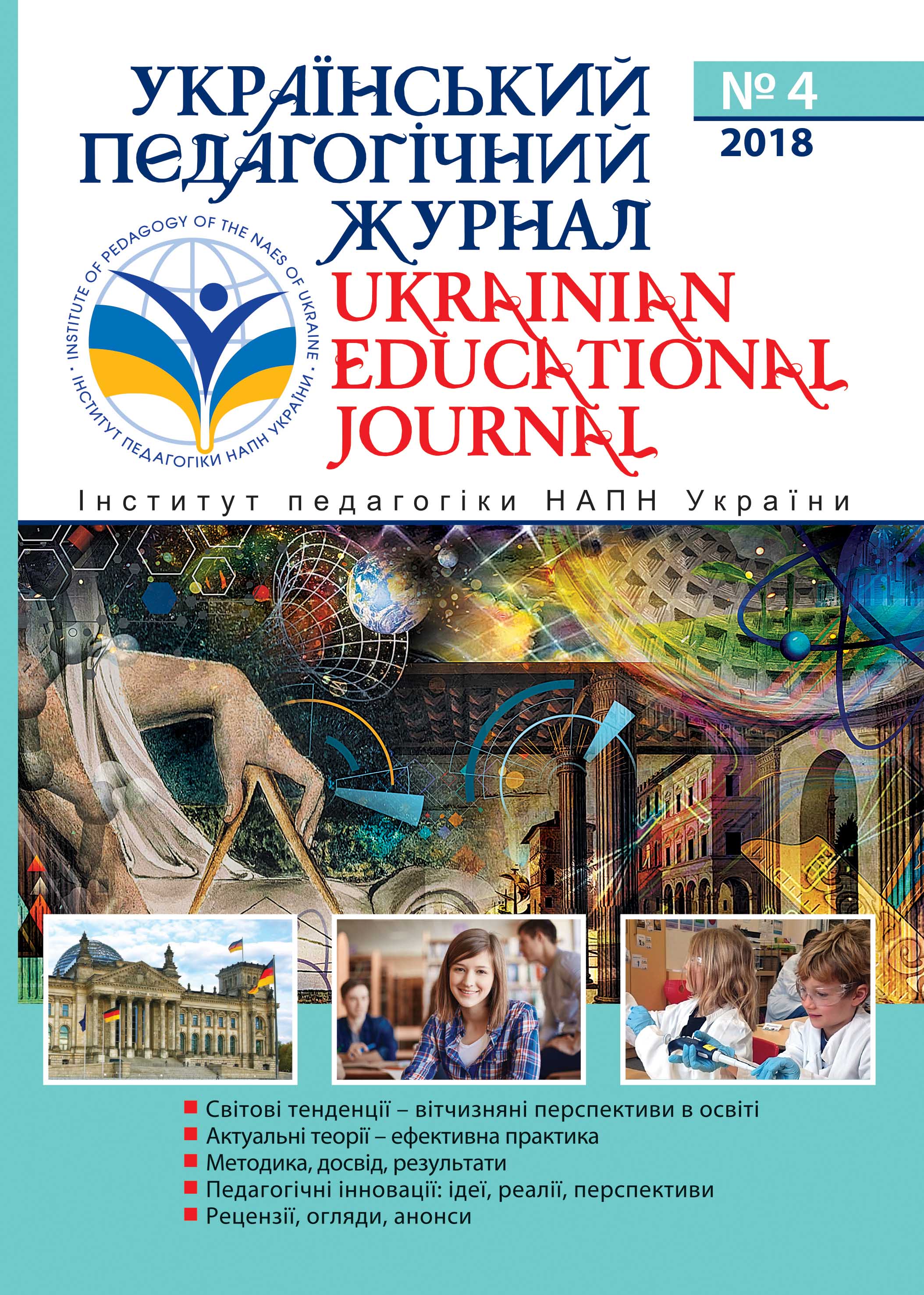Анотація
У даній статті аналізуються основні складові інформаційної компетентності майбутніх учителів історії. Представлено використання декількох варіантів даного поняття в науковій літературі та навчально-методичній документації: «інформаційна компетентність», «інформаційно-цифрова компетентність», «інформаційно-комунікаційна компетентність».
Зосереджено увагу на ряді відмінностей щодо назви інформаційної компетентності та її складових у майбутніх учителів і учнів закладів загальної середньої освіти, з якими вони будуть працювати у своїй професійній діяльності.

Ця робота ліцензується відповідно до Creative Commons Attribution-NonCommercial-ShareAlike 4.0 International License.

